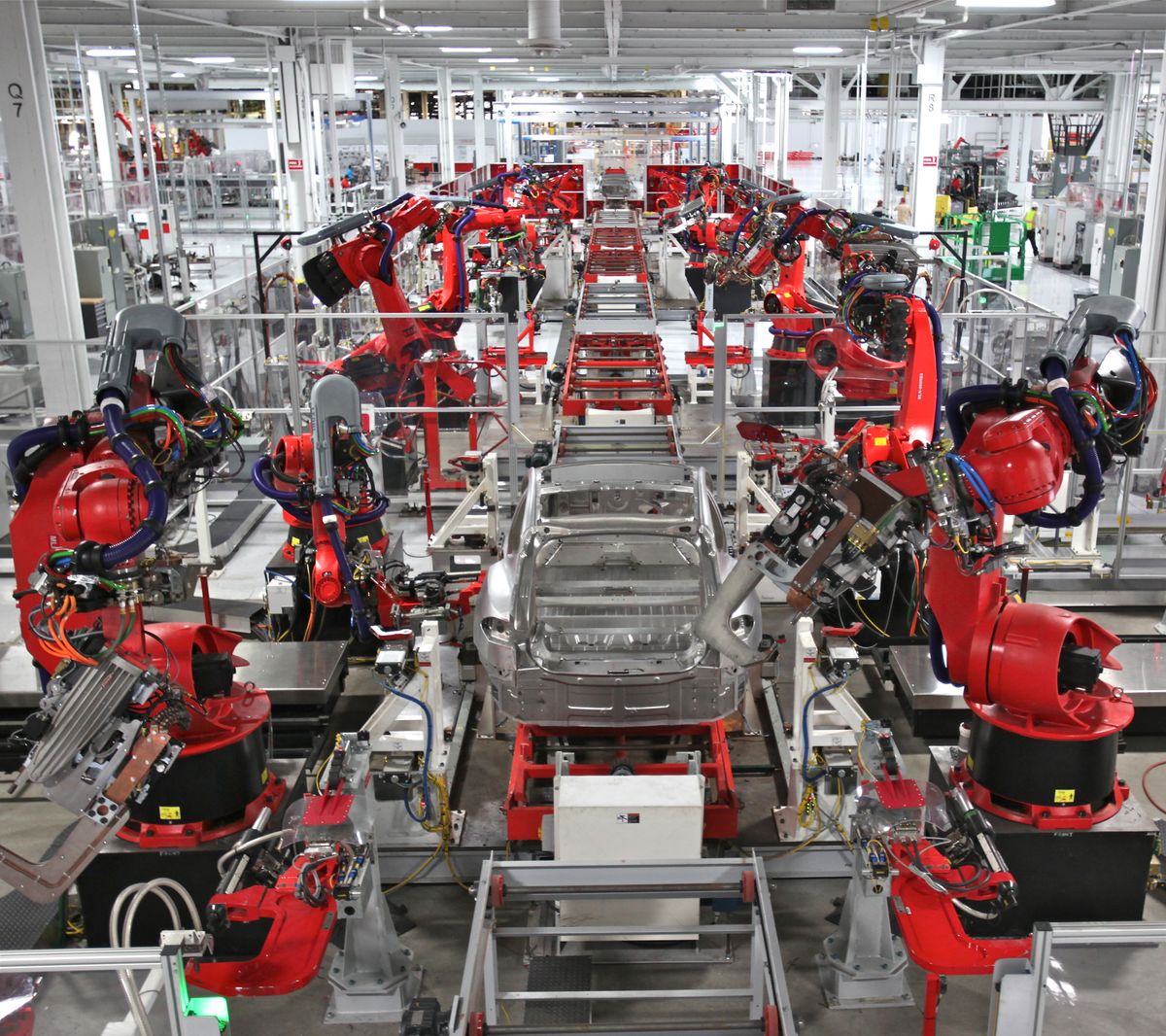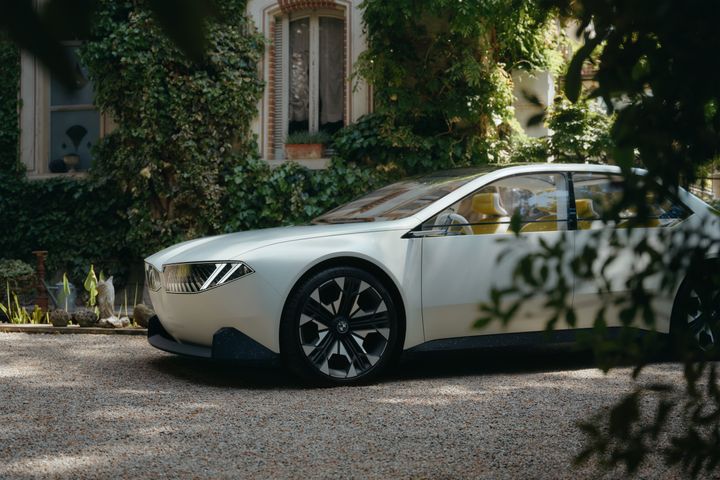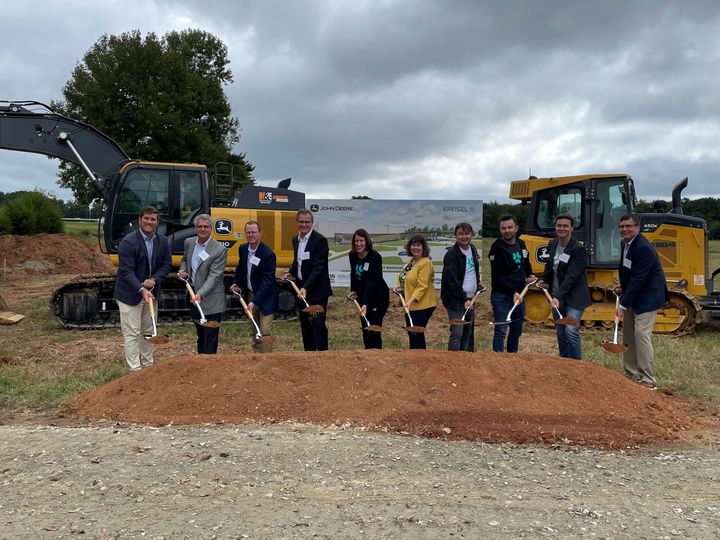Inflation Reduction Act Spurs $92 Billion Investment and 84,000 Jobs in U.S. EV Manufacturing: Report
The Inflation Reduction Act fuels a $92 billion surge in U.S. electric vehicle manufacturing, generating 84,000 jobs. This comprehensive legislation positions the nation as a global leader, driving innovation and economic growth in the rapidly evolving EV industry.

November 22, 2023: In a recent report by American Progress, the profound impact of the Inflation Reduction Act on the U.S. electric vehicle (EV) industry is detailed, showcasing a remarkable surge in investment and job creation. The report underscores the transformative effect of the Inflation Reduction Act, along with associated legislations such as the Infrastructure Investment and Jobs Act and the CHIPS and Science Act, on the EV manufacturing landscape. Investment in new manufacturing capacity for zero-emissions vehicles, batteries, and critical minerals has skyrocketed from $14 billion to an impressive $51 billion in the year following the Inflation Reduction Act's passage, according to data from the Clean Investment Monitor.
More than 84,000 jobs have been announced in the first year of the Inflation Reduction Act's implementation, signaling a significant boost to the U.S. job market. The report highlights the diverse range of employment opportunities emerging in the EV sector, ranging from manufacturing to research and development, signaling a positive trend for economic growth and stability.
A key focus of the Inflation Reduction Act is to position U.S. automakers as leaders in the global EV market. By incentivizing innovation, investment, and onshoring of manufacturing operations, the legislation aims to secure the country's prominence in the rapidly evolving EV revolution. The report emphasizes the critical role of these incentives in preventing foreign competitors from overtaking the U.S. in this pivotal industry.
The success of the 45X tax credit in incentivizing onshoring is underlined, contributing to an estimated $134.9 billion in savings for clean technology manufacturers between 2022 and 2031. This tax credit, alongside others such as the 30D new clean vehicle credit and the 45W commercial clean vehicle credit, plays a pivotal role in driving EV adoption and manufacturing onshoring.
As the U.S. gears up for a significant shift in its automotive landscape, the report highlights the potential environmental and economic benefits. With EV sales projected to constitute 67 percent of all light-duty vehicle sales by 2032, the transportation sector's contribution to greenhouse gas emissions is expected to decrease substantially. Additionally, the transition is poised to bring about health benefits by reducing local air pollution, a crucial step toward achieving a cleaner and healthier environment.
The Inflation Reduction Act, alongside strategic legislative counterparts, is heralding a renaissance in American manufacturing, particularly in the EV sector. The comprehensive incentives provided are not only driving substantial investments and job creation but also positioning the U.S. as a global leader in electric vehicle innovation and production. As the industry continues to evolve, the Inflation Reduction Act stands as a testament to the transformative power of targeted policies in shaping the future of American manufacturing.




 Industry Inscript is a subsidiary of Valiant and Company Ltd.
Industry Inscript is a subsidiary of Valiant and Company Ltd.
Comments ()